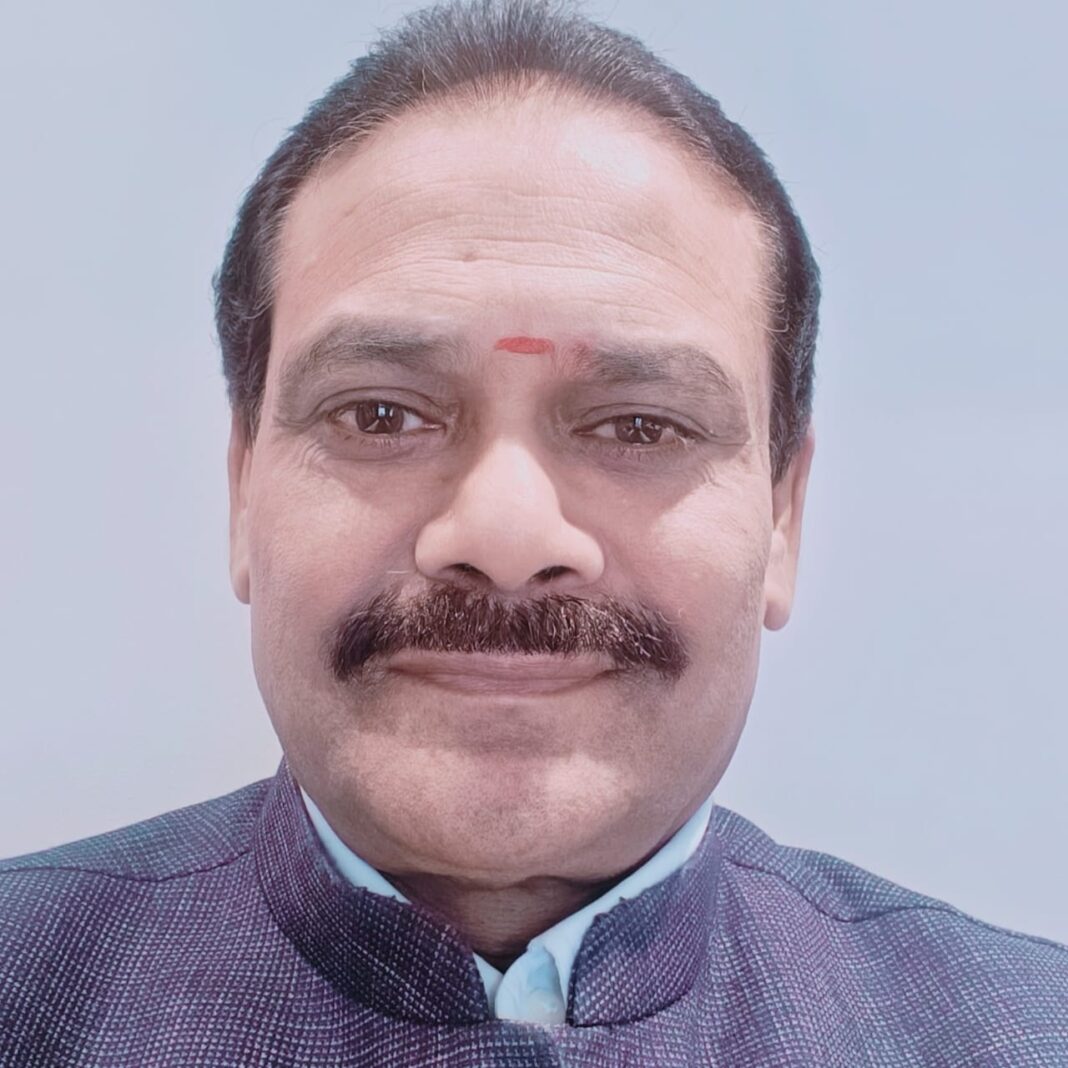The role of law enforcement in protecting the vulnerable has come under intense scrutiny following the high-profile case of Mumbai actress Kadambari Jethwani in Andhra Pradesh. This case exposes troubling issues of power, influence, and the duty of the police, raising the question: what happens when those tasked with upholding the law instead act against it?
Kadambari Jethwani’s ordeal began after she had filed a sexual assault complaint against prominent industrialist Sajjan Jindal in Mumbai. According to Jethwani, she subsequently faced immense pressure to withdraw her allegations, reportedly orchestrated by top leaders of the YSR Congress Party (YSRCP) and certain police officers.
Andhra Pradesh Chief Minister N. Chandrababu Naidu has initiated an investigation, acting swiftly on Jethwani’s online complaint. However, the incident also reveals a disturbing trend where political connections can give room for influencing legal processes, compromising the very foundations of justice.
As for Jethwani’s harassment claims, two conflicting narratives have emerged. The first suggests that her relationship with YSRCP leader Kukkala Vidyasagar turned sour when she pressed for marriage, leading to a personal dispute that spiraled into a legal battle. The second, however, posits a more insidious motive: a deliberate effort to shield Sajjan Jindal from the fallout of Jethwani’s allegations by framing Vidyasagar instead.
As Jethwani navigated these murky waters, she reported being illegally detained by the Andhra Pradesh Police under the previous YSRCP regime. She alleges she was coerced to drop her sexual assault case. If true, these actions of the police not only undermine the rule of law but also reflect a broader issue within the force—an alarming willingness to prioritize political loyalty over constitutional duties.
When police officers, who are supposed to protect citizens, instead become instruments of oppression, the safety and security of individuals, especially the vulnerable, are severely compromised.
The Andhra Pradesh Police’s decision to investigate these allegations against their own officers is a critical move toward restoring public trust. By appointing a special team to handle the inquiry, the police force acknowledges that the misconduct of a few can tarnish the entire institution’s reputation. However, the real test will be ensuring that this investigation is conducted with transparency and impartiality, free from political interference. The public’s trust in law enforcement depends on their ability to act without bias and uphold justice above all else.
Jethwani’s case has attracted significant media attention, drawing both public interest and scrutiny. As this case continues to unfold, it is crucial for the media to report responsibly and present the facts accurately. Sensationalism should not cloud the truth; the focus must remain on the core issues—the protection of individuals and the integrity of the justice system.
The implications of this case go beyond Jethwani’s personal ordeal, raising broader concerns about the relationship between politics and law enforcement in India. If police officers, entrusted with the impartial administration of justice, succumb to political pressure, it sets a dangerous precedent. Corruption and abuse of power can become rampant, undermining democracy and the rule of law. When those in positions of authority prioritize political allegiance over their duty to the public, the most marginalized and vulnerable are left unprotected.
For the Andhra Pradesh government, the ongoing investigation offers an opportunity to demonstrate a genuine commitment to justice. This involves not only addressing Jethwani’s allegations but also implementing reforms within the police force to prevent future abuses. Emphasizing transparency, accountability, and training on ethical conduct is essential to ensure officers understand their responsibilities to the public. A police force perceived as fair and just is crucial for maintaining public confidence and ensuring the safety of all citizens.
In conclusion, the case of Kadambari Jethwani serves as a stark reminder of the importance of impartiality and integrity in law enforcement. Police officers must embody the principles of justice and protection for all, especially the most vulnerable. The allegations against YSRCP leaders and IPS officers illustrate the potential for abuse when political power intersects with the legal system. As this case unfolds, the Andhra Pradesh government must uphold its constitutional duty, ensuring those who violate the law are held accountable, and the rights of all citizens are protected. The integrity of the justice system hinges on law enforcement’s unwavering commitment to serving the public without bias, guaranteeing that everyone, regardless of status, receives the protection and justice they deserve.
(Former Special Secretary, Government of Andhra Pradesh)
An actress’ epic showdown with Andhra’s lawmakers




